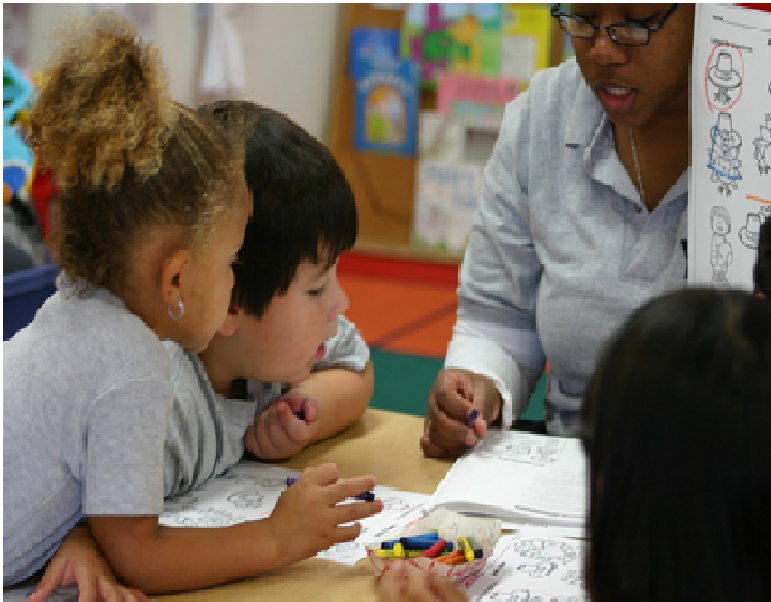When It's Time to Change Your Learning Strategy
Introduction
Nobody is perfect. You can't be expected to do everything well all the time and neither should you expect it from anyone else.
However, as a teacher, you are keenly aware when things aren't going well and you feel the children aren't learning. Sure, some of them are, but not all of them.
With difficult topics, it often becomes a worry of only a minority of them managing to grasp it. Why is this?
It's because everyone is different and thus they learn differently. What might have worked once does not work in this modern day and age, as the renowned Dr. Gardner discusses here.
Employing some New Strategies
This actually helps you, since armed with this knowledge, you can approach the problem from a different angle and try to puzzle out some new solutions. Keep in mind that it's a very inexact science, trying to determine someone's type of intelligence.
There's not even an official quiz of this type, even if there are some attempts, like this one. Instead, let's look at some possible venues of what the children themselves might love using to teach them more effectively.
Active Learning and Exploring
Young students are adventurous, energetic and inquisitive. Couple that with using their own hobbies and habits alongside their learning and you're bound to engage them fully.
You do this by organizing competitions or field trips, even just photo contests. This way, they're asked to use their phone, their social media accounts, expend their energy walking around and exploring.
You end up making them utilize a multitude of different types of intelligence and get them thinking in the direction of socializing for the purpose of learning. There are some potential downfalls that have been explored, but the benefits are tremendous:
- Associating hobbies with learning
- Expending nervous energy and allowing them to focus better
- Increasing their time spent learning
- Teaching them to do tasks and space their learning out
Encouraging Discussion
There are a few things that need to be avoided, here. The potential pitfalls could derail the entire learning process, but if you avoid these, you should be fine:
- Never make discussion and debate a contest
- Be gentle in guiding towards the right answer those who are wrong
- Do not allow anyone to dominate too much
- Make them actively participate by having the format changed regularly to avoid complacency
If you avoid these, then you're well on your way towards a much more productive classroom. While you need to stay the teacher and authority figure, you can let the kids themselves learn, both on their own and through each other.
If you set up an interesting enough topic of discussion and frame it as something they want to know more about, you can rest assured they will do their best. It's always a good idea to make them think it's their own idea.
You may think this can only apply to a few classes, and only sparingly, but you'd be wrong. It's only a matter of finding the right time and problem to apply this to, in any sort of class.
Embracing Technology
Even the youngest child today has one of these:
Learn to use them to your advantage, don't discount them.
- A phone
- A tablet
- A computer
You'd be throwing away a potential resource if you did. A study by the University of Rochester has found that games can help learning and that's far from the only research that says so.
Let me give you a concrete example. Learning languages can be easier if one uses games that specifically make using the language a necessity, as described here.
Another option is to use strategy games to simulate historical battles, for the sake of making it easier for students to remember them. You can use games that will help you in all sorts of areas, edutainment games have existed for decades now.
The novelty of you suggesting this will most likely win them over. Plus, this way you'll have them learning far more eagerly and not just from their textbooks.
Conclusion
These are some of the more modern methods you might encounter and be asked to consider. Ultimately, it's up to you to decide what's best for you and your classroom.
However, keep in mind that even the best of students can have trouble. Providing all sorts of ways for everyone to learn is your best bet of ensuring that all of them can find a way to overcome those problems.
Kate Khom is a passionate writer who likes sharing her thoughts and experience with the readers. Currently, she works as a real estate agent at hu.flatfy.com. She likes everything related to traveling and new countries.
Search Internet4Classrooms

Custom Search







